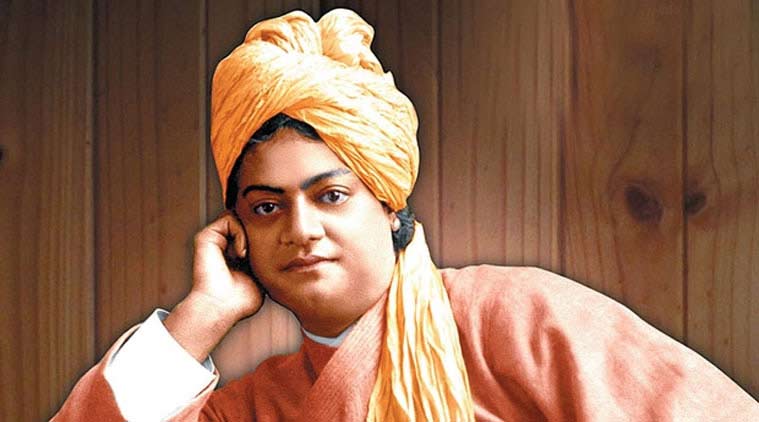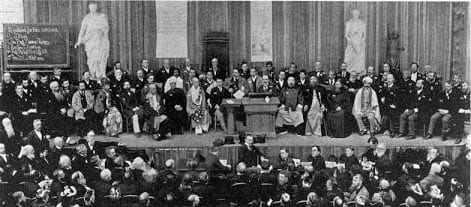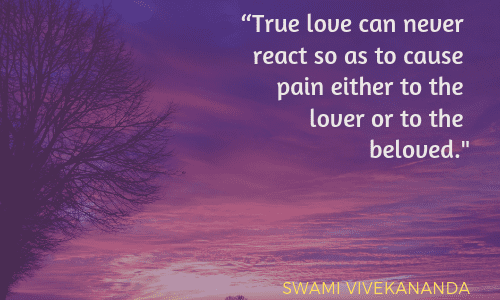That’s a question which no modern Hindu wants to look back upon today. But Swami Vivekananda, a person who never hesitated to see the History as it was, does say that the Hindus took beef in the past. Let me quote some instances where he has said that.
Again,
“There was a time in this very India when, without eating beef, no Brahmin could remain a Brahmin; you read in the Vedas how, when a Sannyasin, a king, or a great man came into a house, the best bullock was killed; how in time it was found that as we were an agricultural race, killing the best bulls meant annihilation of the race. Therefore the practice was stopped, and a voice was raised against the killing of cows. Sometimes we find existing then what we now consider the most horrible customs.“(Complete Works Volume 3. Reply to the Address at Madura)
And to a question whether beef eating was immoral,
(Complete Works Volume 6. Notes taken down at Chennai)
There is an instance in his Life when a family with whom he was staying in the US stopped serving beef in their home when Swamiji was there. This disappointed a kid in their home. When he told Swamiji that he like beef streaks, the Swami personally took him into a restaurant which served beef streaks.
(Source: Swami Vivekananda in the West: New Discoveries)
These are all historically recorded facts. To say that Swamiji was not well informed in these matters is just a fanciful way of looking at one’s own ancestry. We should accept the facts as they were but be always open to change according to the needs of time.






Regarding meat and beef eating, Can we get this information from books by vivekananda Or some other reliable publishers